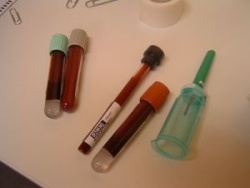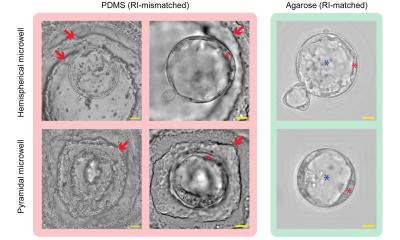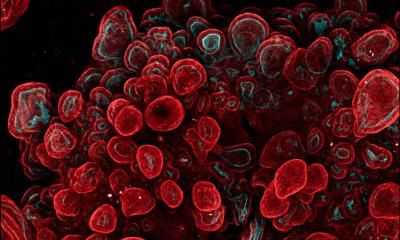A simple blood test may reduce mortality in heart failure patients
Researchers at the University of California in Los Angeles found out that the blood level of B-type natriuretic peptide (BNP), a neurohormone released by the heart when it is stressed or damaged, provided a direct relationship with in-hospital mortality. So a simple blood test can predict in-hospital mortality risk for heart failure patients.

The test taken at hospital admission maybe useful in helping doctors decide which patients need higher-level monitoring and more intensive treatment.
The relationship between BNP and mortality persisted independent of other clinical and laboratory factors and held true for hospitalized heart failure patients with either reduced or preserved systolic function, which is the ability of the heart´s left ventricle to pump blood to the body´s other organs.
Researchers found that BNP levels remained predictive of mortality even after adjustment for age, gender, systolic blood pressure, pulse and other lab tests, such as blood urea nitrogen, creatinine and sodium.
Higher BNP levels were also predictive of other clinical outcomes, such as the need for mechanical ventilation, the length of the hospital stay and the amount of time spent in the intensive care unit.
Measuring the BNP levels may be a useful addition to routine assessment and can help guide care and treatment of patients hospitalized with acute heart failure. The BNP test provide quick results, often within 15 minutes to a few hours, which can provide physicians with additional information to help in medical decision-making.
More information: http://www.ucla.edu/
14.05.2007
More on the subject:











